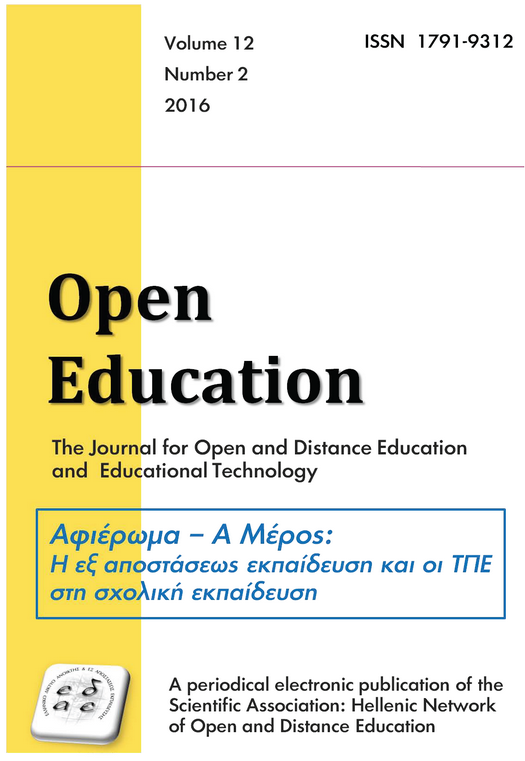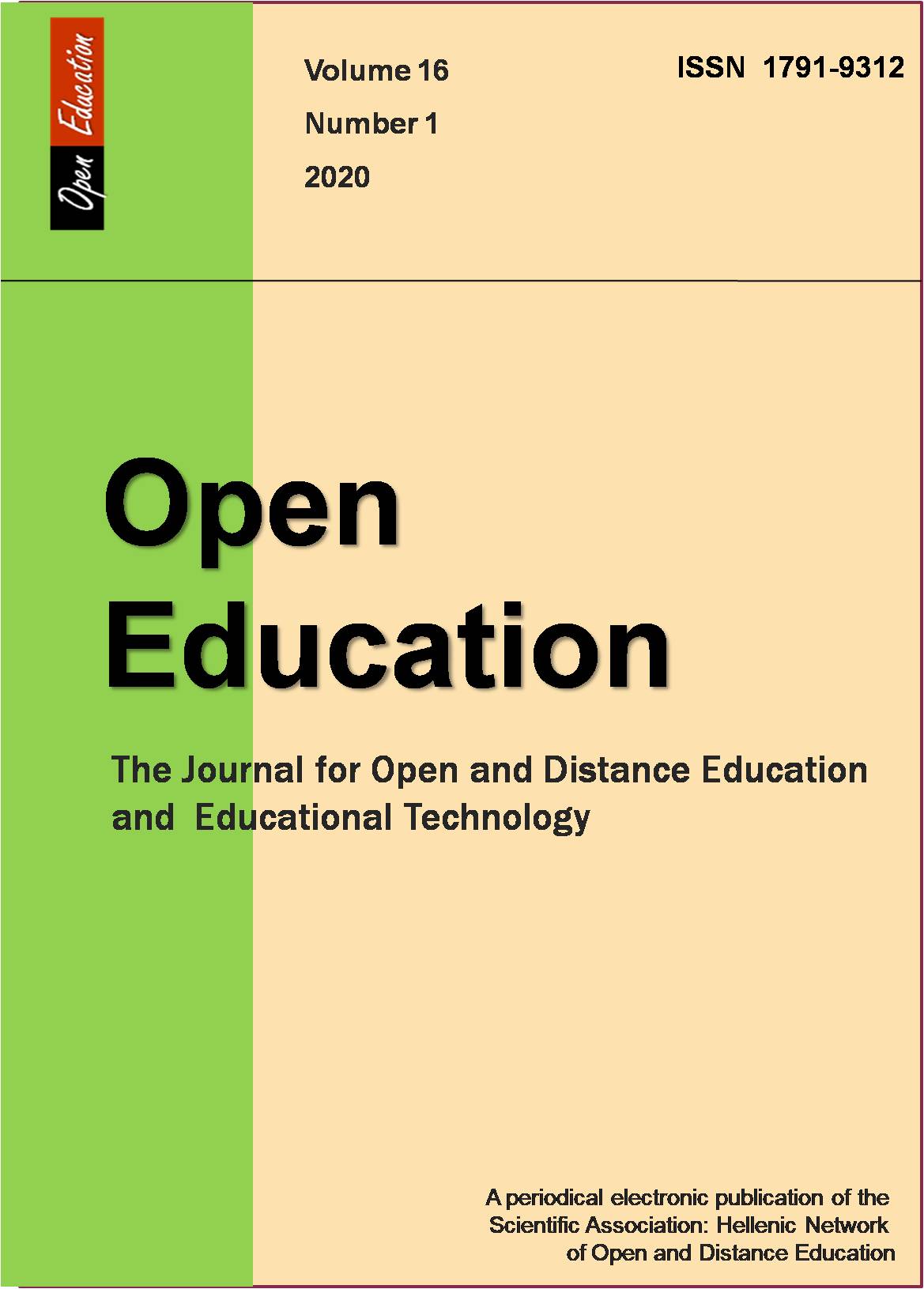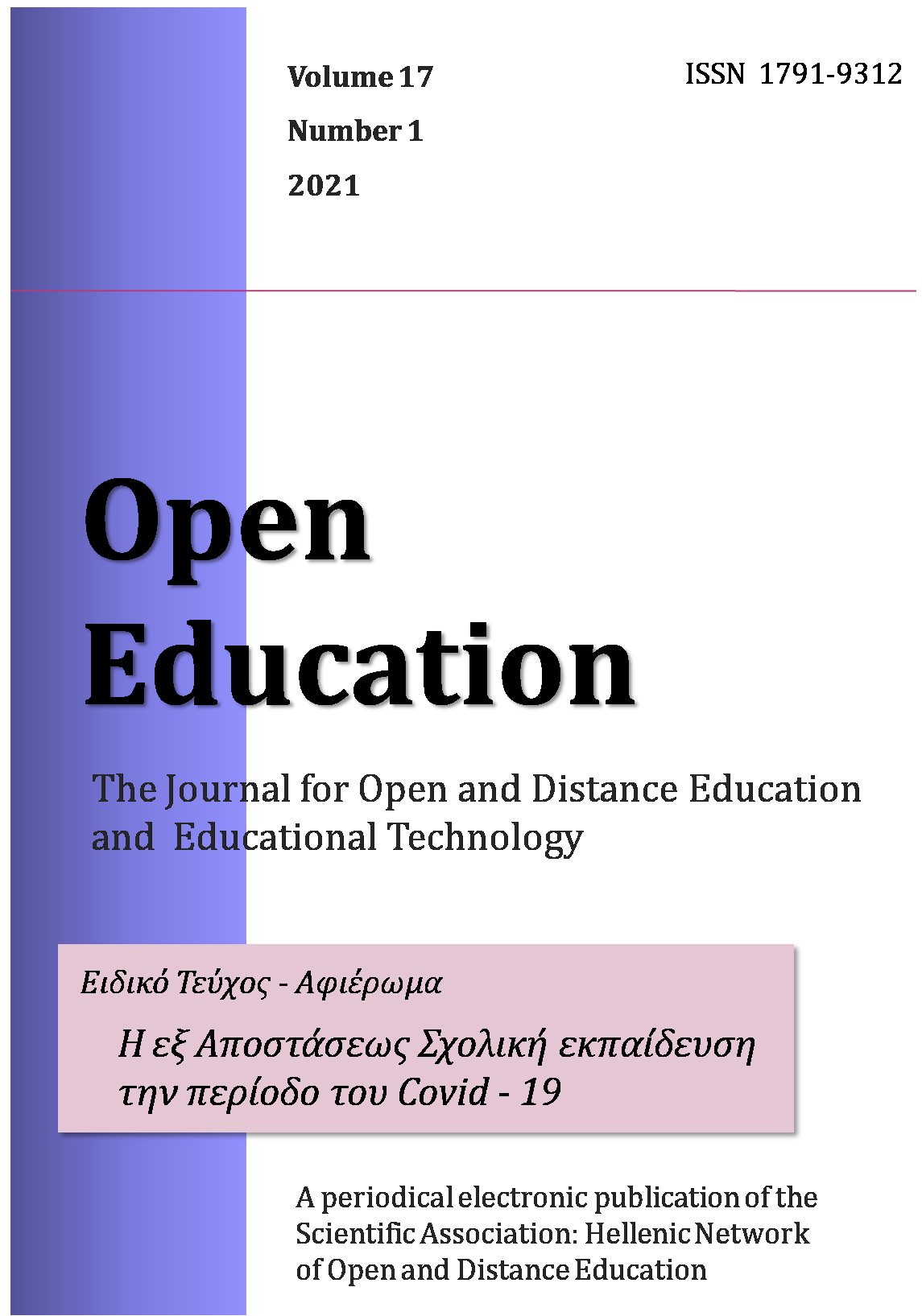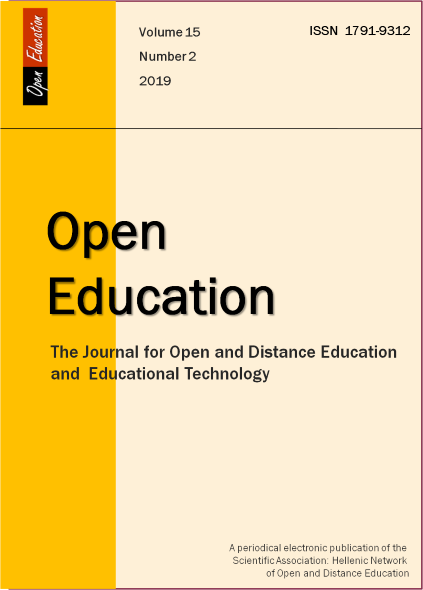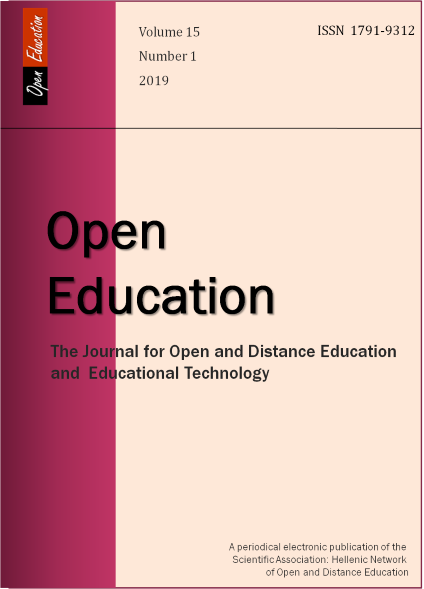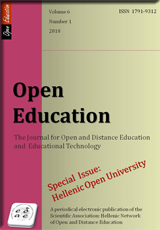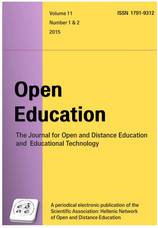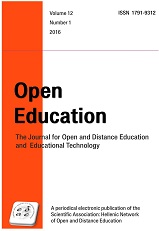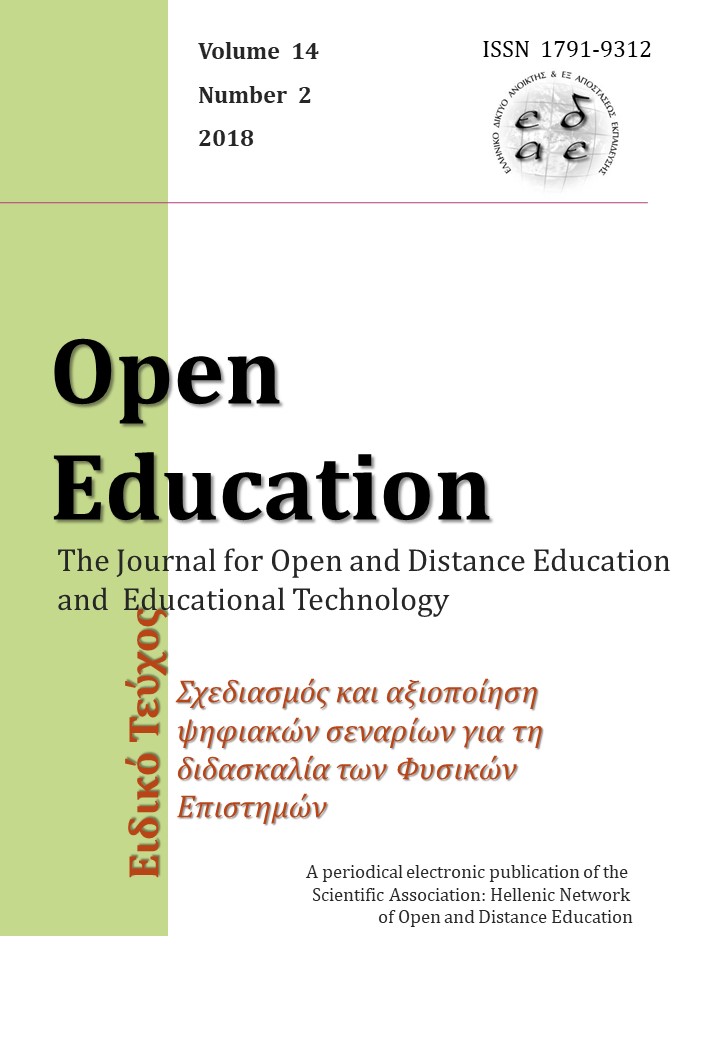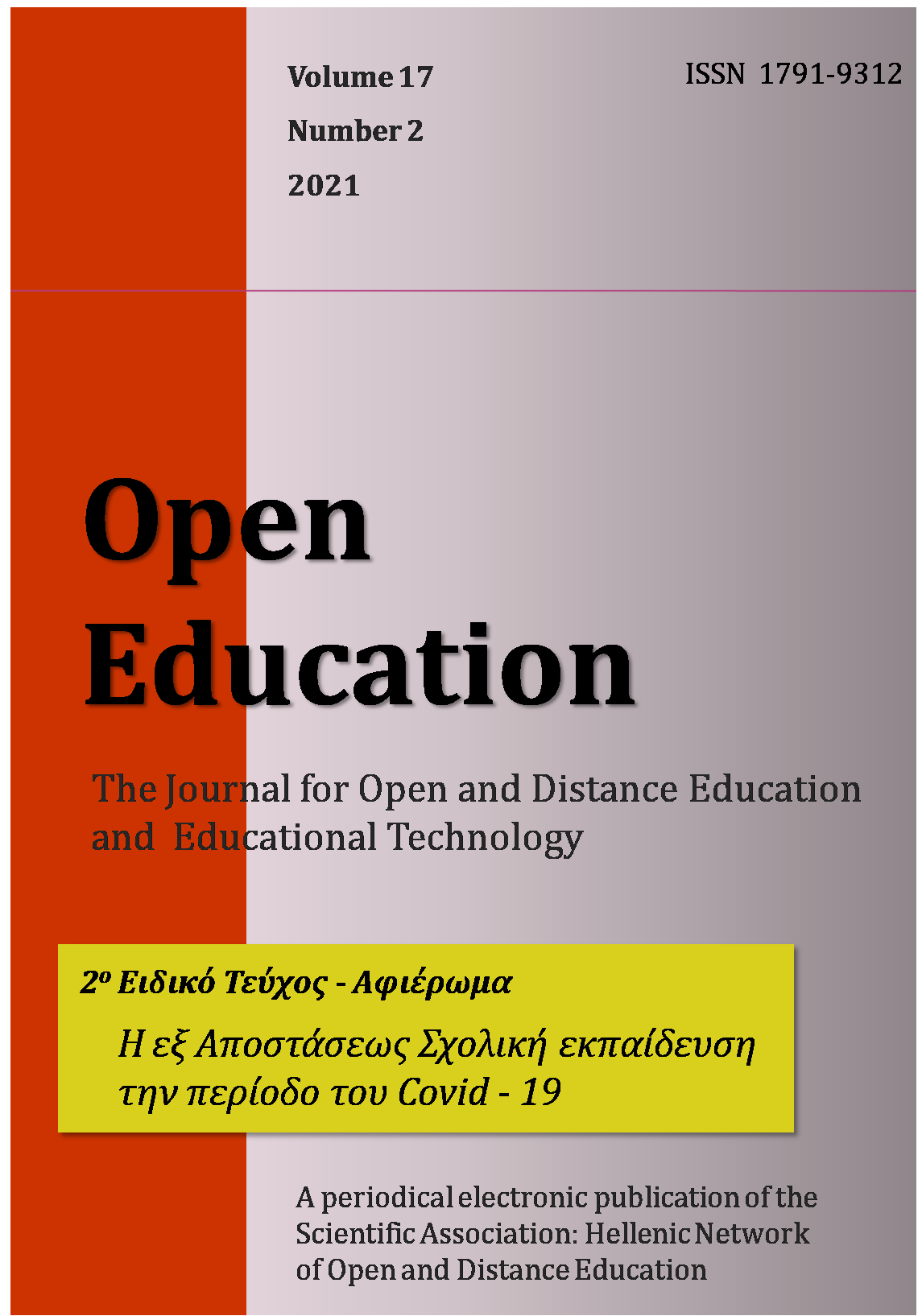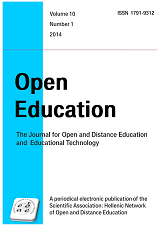Διαδικτυακά Επιμορφωτικά Σεμινάρια στο πλαίσιο του Ευρωπαϊκού Έργου MARCH: Διάχυση Καλών Πρακτικών στη Διδακτική των Θετικών Επιστημών
Résumé
Τα Διαδικτυακά Επιμορφωτικά Σεμινάρια στο πλαίσιο του ευρωπαϊκού έργου MARCH έχουν στόχο τη διάχυση των καλών πρακτικών στη διδασκαλία των Θετικών Επιστημών όπως αυτές έχουν καταγραφεί στα προηγούμενα στάδια του έργου, δηλαδή τόσο από τα συμπεράσματα της μελέτης σκοπιμότητας όσο και από την εμπειρογνωμοσύνη των εκπαιδευτικών και ειδικών στα εθνικά και διεθνή σεμινάρια και συνέδρια. Στο πλαίσιο του έργου διεξάχθηκαν πέντε διαδικτυακά σεμινάρια στην Ελλάδα, τα οποία είχαν στόχο την ενημέρωση εκπαιδευτικών και μαθητών για τις προτάσεις σχετικά με την ελκυστική διδασκαλία των πεδίων των Θετικών Επιστημών στη Δευτεροβάθμια Εκπαίδευση. Η μεθοδική διοργάνωση των διαδικτυακών σεμιναρίων σε συνεργασία με έγκριτους φορείς και παρόχους είχε θετική ανταπόκριση από τους εκπαιδευτικούς τόσο στη σύγχρονη μετάδοσή τους όσο και στην ασύγχρονη και δημιούργησε μια ενεργή κοινότητα εκπαιδευτικών με θετική στάση ως προς την υλοποίηση της επόμενης φάσης του έργου, αυτήν της πιλοτικής εφαρμογής. Τα διαδικτυακά επιμορφωτικά σεμινάρια αποτέλεσαν εικονικά περιβάλλοντα μάθησης προσφέροντας ανταλλαγή και μοίρασμα ιδεών, γνώσεων και πληροφοριών σε εκπαιδευτικούς και μαθητές, άνοιγμα στην εκπαιδευτική κοινότητα και πρόσβαση στον παγκόσμιο ανοιχτό ψηφιακό πλούτο των ιδεών και των καινοτομιών.
Article Details
- Comment citer
-
- Numéro
- Vol. 12 No 2 (2016)
- Rubrique
- Μέρος δεύτερο / Section 2

